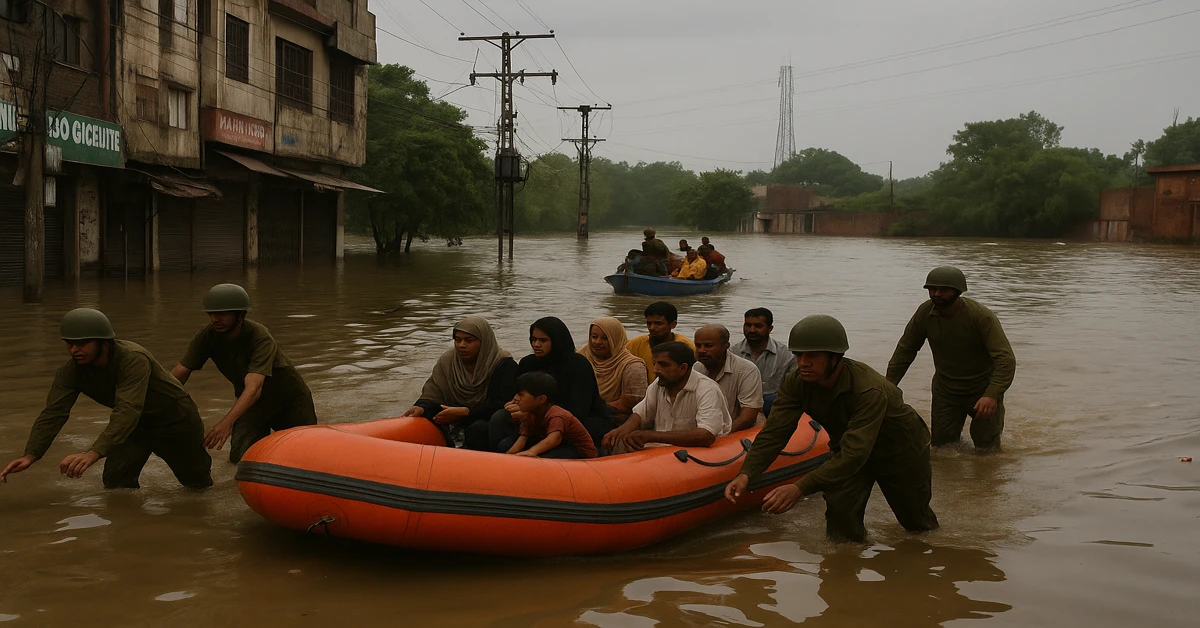Last Updated: July 2, 2025
Shattered Glass & Skyfall: Islamabad’s Violent Hailstorm Sparks Windscreen Crisis

Islamabad, April 2025 — What started as an ordinary spring afternoon turned catastrophic in minutes as a vicious hailstorm pounded the twin cities of Islamabad and Rawalpindi. Within just 35 minutes, the skies opened up with a barrage of golf ball-sized hailstones, leaving vehicles, crops, and power lines in absolute ruin.
The Sound of Shattering Windscreens
Residents describe the hailstorm as a “war zone of ice.” The sound of hundreds of windscreens shattering simultaneously echoed through neighborhoods, as parked cars bore the full brunt of the icy bombardment. Social media was flooded with images of cracked glass, destroyed car roofs, and helpless vehicle owners documenting the carnage.
Market Shock: Windscreen Prices Soar Overnight
In the days following the storm, auto repair shops and car accessory markets saw a record-breaking demand for windscreen replacements. As supply chains struggled to meet the surge, windscreen prices spiked by Rs. 10,000 to Rs. 15,000 — with certain imported models doubling in price.
“We’ve never seen anything like this,” said Asif Mahmood, a car parts dealer in G-10. “Even used windscreens are flying off the shelves.”
Some workshops even ran out of stock entirely, forcing car owners to wait for imports or overpriced alternatives. Glass insurance claims are pouring in, but many remain uncertain if their policies will cover the unusual natural disaster.
Agriculture Also Takes a Hit
The storm wasn’t just urban. On the city’s outskirts, wheat farmers in Gujar Khan, Jhelum, and Rawat watched helplessly as their ready-to-harvest fields were flattened. Rainwater accumulation and broken stems raised fears of major yield losses — just weeks ahead of harvest season.
Damage Control and Government Response
Authorities scrambled into action post-storm, with the NDMA issuing emergency weather alerts and coordinating damage assessments. While there’s talk of compensation for agricultural losses, no immediate relief has been promised for vehicle owners.
Is This the New Normal?
Experts suggest that the hailstorm is part of a growing pattern of climate volatility in Pakistan. As global temperatures rise, unpredictable weather events are expected to intensify. For residents, this storm may be a warning of what’s to come — and a sign to reconsider everything from car insurance to urban infrastructure resilience.
Stay Safe, Stay Ready
If you live in the Islamabad–Rawalpindi zone, it’s time to:
- Review your car and property insurance for natural damage coverage.
- Check weather alerts regularly on the PMD’s official website.
- Consider covered parking or protective car covers during storm seasons.
From shattered glass to economic ripples, this hailstorm is more than a weather event — it’s a wake-up call.
You May Also Like:
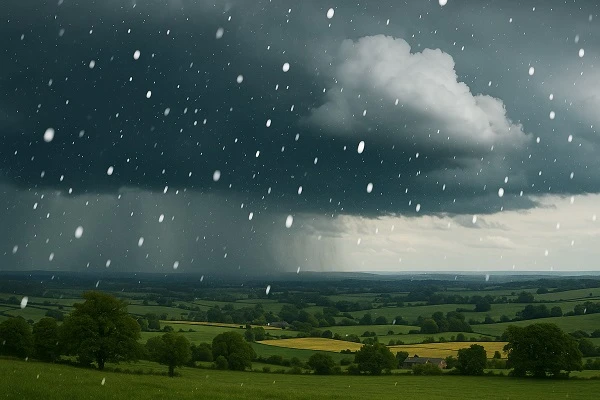
Future Hailstorm Predictions: What to Expect in Pakistan in 2025 and Beyond...

Priyanka Chopra's Power Pose at Tennis Match Sparks Bold Beauty Talk...

Saba Qamar’s Recent Heart Attack Sparks a National Wake-Up Call: How Stress is Breaking Our Hearts...
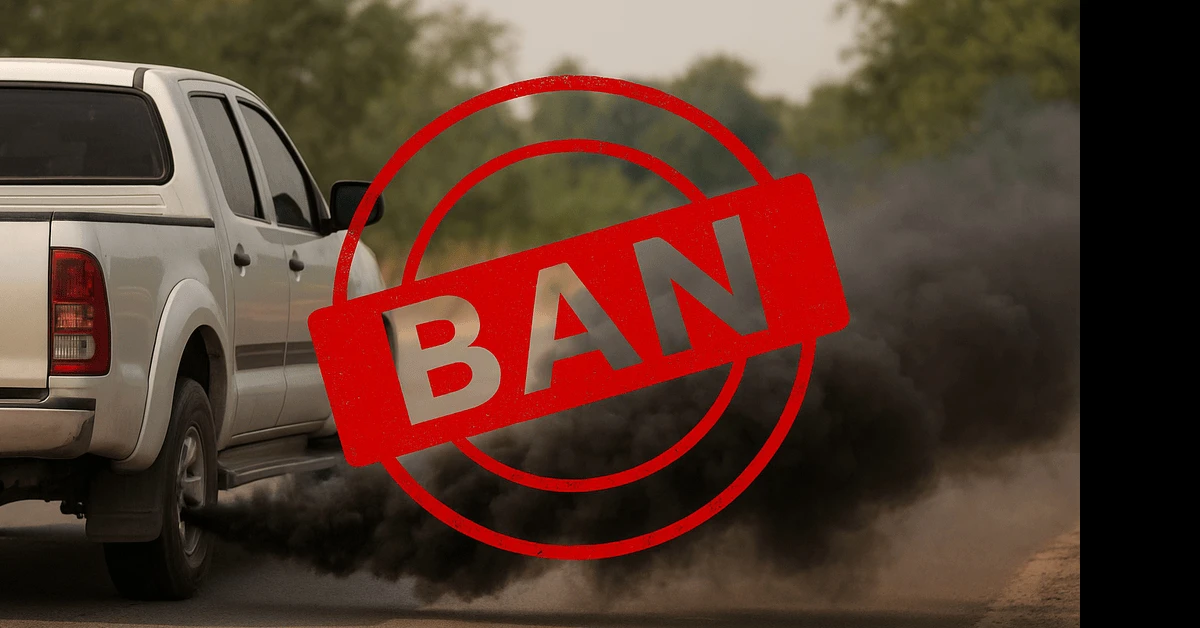
Islamabad Launches Vehicle Smoke-Emission Ban to Tackle Winter Smog...
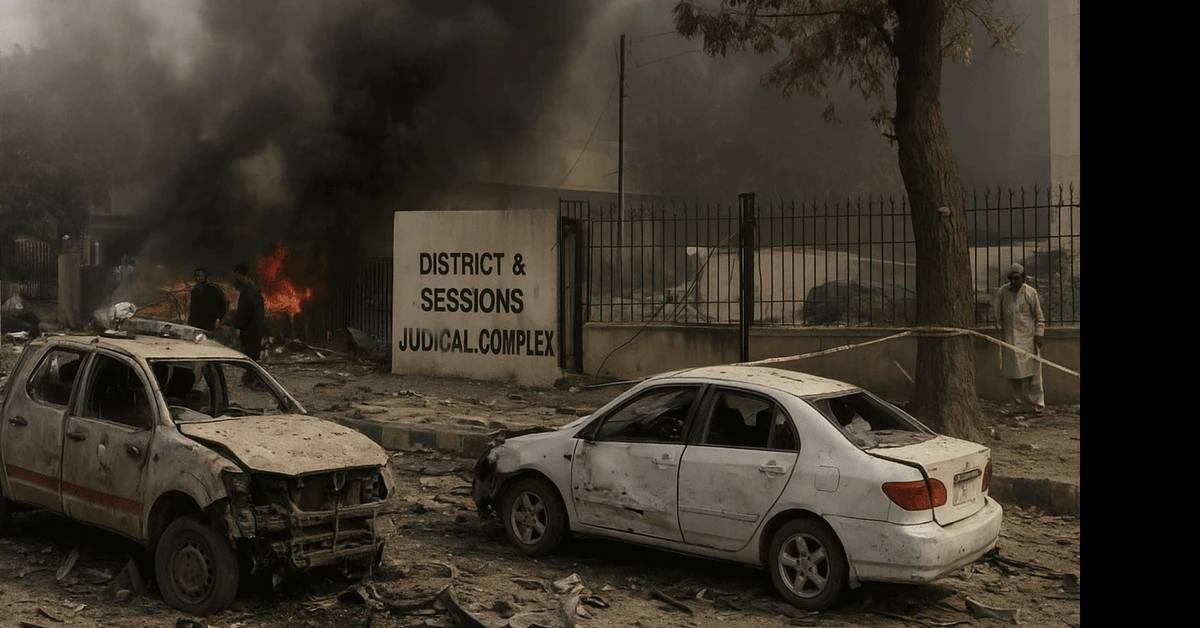
Islamabad Suicide Blast 2025: Massive Explosion Near G-11 Court, What We Know So Far...

How to File an Online FIR in Pakistan: Complete Guide for Punjab, Sindh, KP and Islamabad...
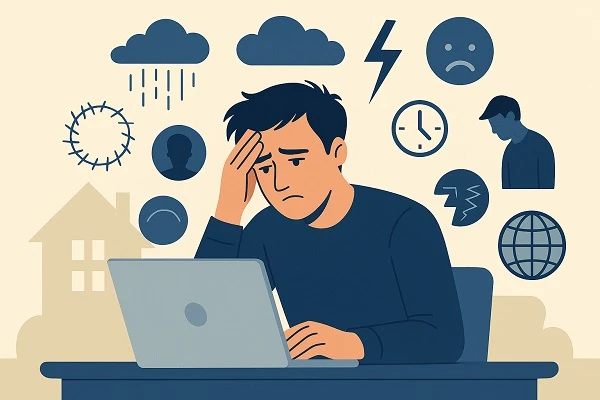
The Silent Strain: How Remote Work is Fueling a Global Mental Health Crisis...
